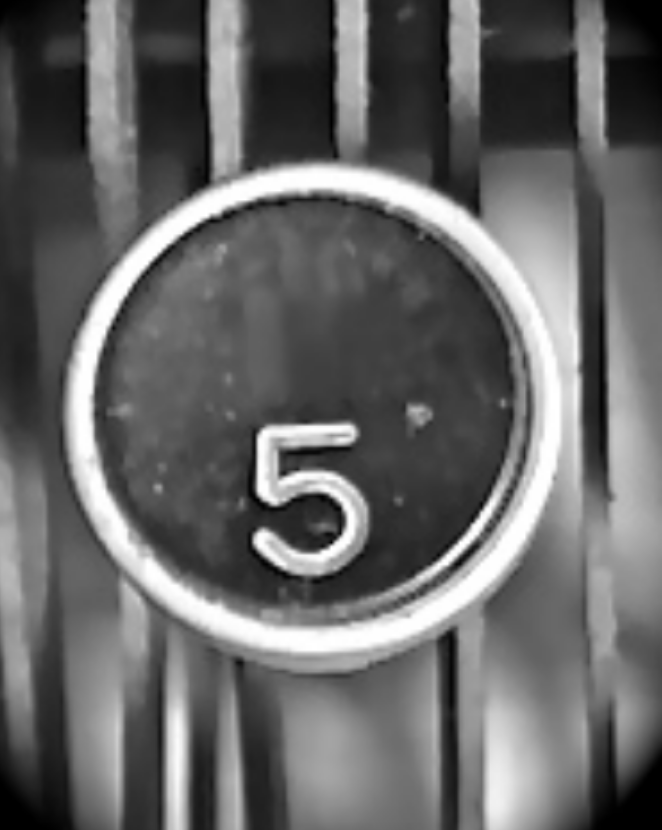5 HOT BOOKS: Margo Jefferson's New Memoir, a Son with a Difficult Mother, and More
/1. Constructing a Nervous System by Margo Jefferson (Pantheon)
Opening with a night’s dream work and closing with the privacy of her own psyche, Jefferson merges criticism and memoir, taking the “primal stuff of memory and experience” and analyzes, dramatizes and metabolizes it in her big, brilliant brain and heart into what she calls “temperamental autobiography.” Writes the Pulitzer Prize-winning critic, winner of the Heartland Prize and National Book Critics Circle award for Negroland, and winner most recently of a Windham-Campbell Prize in recognition of her commentary: “THRUM go the materials of my life. Chosen, imposed, inherited, made up. I imagined it as a nervous system. But not the standard biological one. It was an assemblage. My nervous system is my structure of recombinant thoughts, memories, feelings, sensations and words.”
2. Tasha: A Son’s Memoir by Brian Morton (Avid Reader)
In his empathic, elegantly written account, Morton captures his efforts to come to terms with his fierce mother, a New Jersey teacher, an early copy girl at the Daily Worker, who fought racist redlining and whose last words to her son and his sister are “Go to hell.... I hate you.” Fiction writer Morton’s sharp condemnation of the lack of national eldercare propels Tasha, but its real animating force is his psychological insight and generous spirit, evident most recently in his novel Florence Gordon. As he loses his mother to dementia, he wrestles with the tension between them and comes to understand her grit, passion to learn, and deep need to be taken seriously.
3. Nobody Gets Out Alive: Stories by Leigh Newman (Scribner)
In her dazzling debut collection, Newman takes an icepick through the brawn, ice, and mythic self-reliance of Alaska to reveal tough women struggling to resist falling to the landscape’s demands. “Howl Palace,” selected for The Best American Short Stories, features “Dutch,” a 67-year-old woman who suffered five bad marriages and the loss of many black Labs, and is forced to sell her place, Howl Palace. But then Carl, the “beautiful, bedeviling heartbreak of my life,” arrives with complications, and an ailing black Lab. The longest story in this kaleidoscopic assemblage is the 73-page “Alcan, an Oral History,” which follows separate groups – a single mother and her two children, and two women recent college grads – as they traverse the Alcan (Alaskan-Canadian) Highway. Newman’s collection evokes the natural wonder as well as the toughness required to survive Alaska.
4. Last Dance on the Starlight Pier by Sarah Bird (St. Martin’s)
In her immersive novel, Bird brings to life Depression-era Texas from the Panhandle to Galveston through Evie Grace Devlin, young woman with limited options who lands in the dance marathon scene evocative of the classic film They Shoot Horses, Don’t They? Denied her nursing degree because of her seedy vaudeville past, Evie struggles but after tending to an injured star dancer and finds herself swept into in the perverse entertainment endurance craze of these high-energy, often seedy, marathons. Bird builds suspense, beginning her novel in 1932 with the Starlight Palace dance hall in flames, travelling back through Roaring 20s the crash of ’29, Hoovervilles, enthusiasm over FDR’s election and unspools a rich historical drama that captures the era’s despair with a flicker of optimism.
5. A Tiny Upward Shove by Melissa Chadburn (Farrar, Straus & Giroux)
Chadburn’s wrenching debut novel is inspired by the gruesome, atrocious real-life story of a monstrous Vancouver pig farmer who murdered 49 women over two decades, but it is no “Law and Order: Special Victims Unit.” Chadburn, who experienced foster care herself, has reported extensively about the child welfare system and metabolizes it into a genuine, powerful work of fiction that speaks to life for those on society’s margins. Chadburn reimagines the short life of Filipino teenager Marina, one of society’s “throwaways” in a world of drugs and sexual abuse, told through the aswang, a folkloric spirit who recounts generations of agony.










